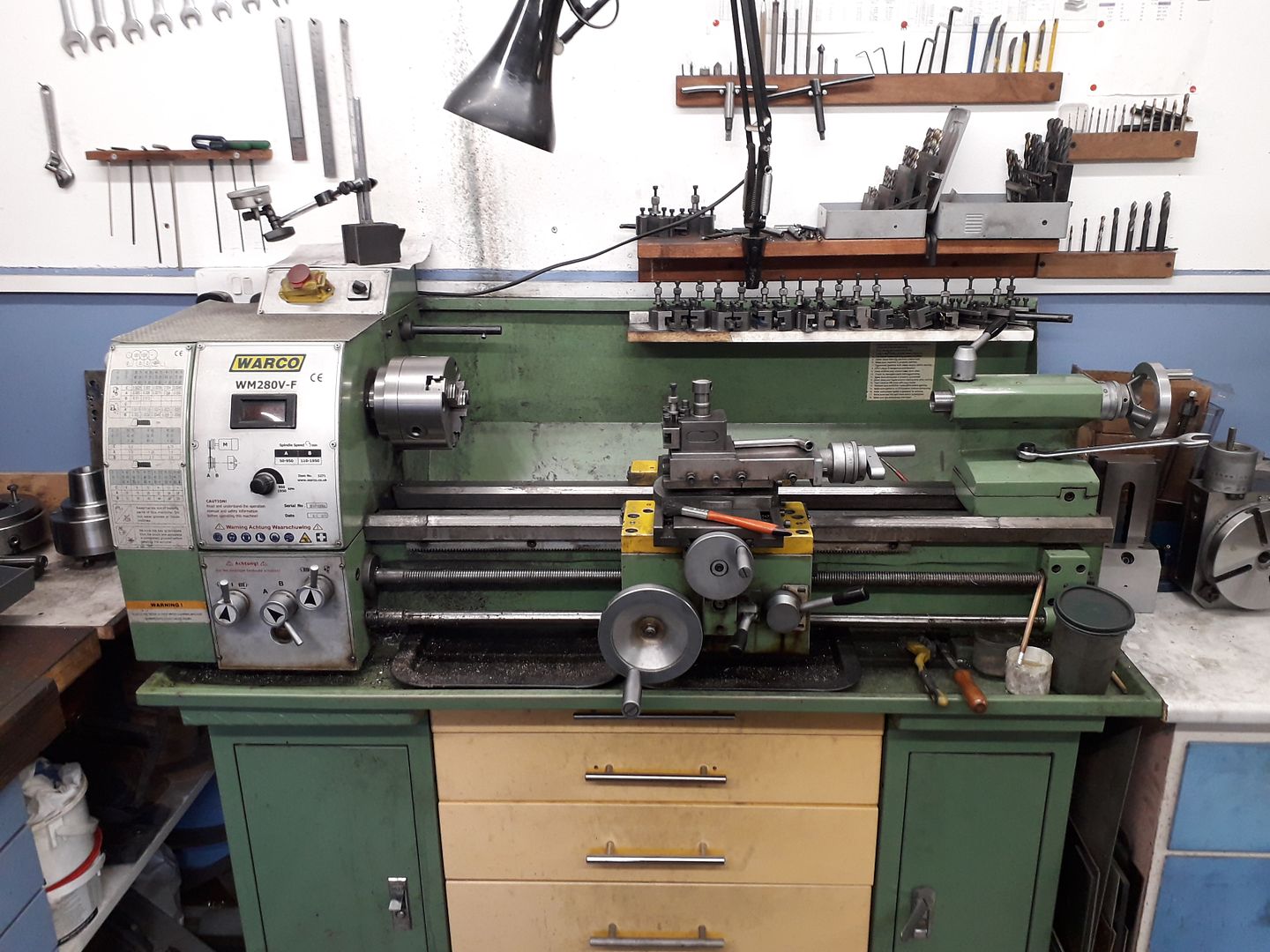I did get a six part series on the casting and building of the green twin published in Live Steam Magazine.
It was a bit time consuming to write all that and make sure it was easy to read, coherent, and most importantly correct.
I know Jason has published in ME, and another fellow here published in ME using a freelance of a Dake engine using my Dake drawings.
For the green twin engine, I asked the publisheer for guidance, ie: where did he want the emphasis; on the foundry aspects, machining, assembly/painting, etc.
They basically tell you "Do the best you can", and so most articles are about machining, which is what most hobby folks know.
I spanned the entire process, which was 3D modeling, pattern making (3D printing and manual pattern making), mold making, casting, machining, assembly, etc.
The problem with publishing in a magzine is that they own that particular arrangement of your work, and can use it forever.
In order to use my green twin material, I have to write it up in a different form, with a different arrangement.
I was glad to be able to reach as many as possible in the hobby, but from this point onwards, I would self publish articles in pdf format.
I have purchased a publishing program (I don't think it was very expensive; maybe $100.00), and will use that with the 1/2 scale Ball Hopper Monitor article that I will create. I plan on distributing the BHM article for free, and open-sourced, so that it can be shared anywhere, any time, by anyone, without any copyright problems (for non-commercial use).
It is a bit of an art to writing, but once you do some of it, it becomes easier.
To avoid copyright issues, I develop 3D models of engines from photos of the original engines, and thus the material is orginal and unique.
.
Did you kill your protagonist? Technical writing is quite different from most other types. Even in colleges they teach Technical Writing as a different subject, class or kind of writing than "English" (or french or german or thai or chinese)
Did I ever give you mi spiel on how different classes of peeps write? Well, it goes like this: as you know there are three major classes of peeps, lower, middle and upper. But in each category, there are also three classes, so for middle, there is lower middle, middle middle and upper middle. Seems sort of silly, but there are actual divisions that mean something here.
When writing or speaking, persons (generally) of upper middle class cannot speak or write well. The reason is that they corrupt their message by concatenating meaningless phrases--exactly like a politician does. These phrases actually SOUND like they mean something but when examined closely, they are meaningless. For an example of something that looks good but is totally meaningless, look at this:
https://www.fractalfield.com/
This guy, however, is simply a scammer trying to suk in sukkers who thimpfk he has something to say. Just so you know, he has fled to Europe where he is hiding. If he sets foot on American soil, he will be arrested.
Anyway the uppermiddle class writers are not consciously trying to fool anyone, it's just that they simply do not know how to get to the point. That's where technical writers are good at writing--they get right to the point. It turns out that Middle Middle class, and lower people already KNOW how to write without using meaningless or useless filler words. The Upper middle people actually believe those empty filler words are the way they are SUPPOSED to write and speak. (How often have we fallen asleep listening to an ***** speak?) Good writing describes all the circumstances, activities, personalities and everything else without using fluff and filler. If you've noticed, most writing from the 1800's were filled with krap. Notice the writing of Henry Fielding. Even tho' he was actually of the Upper classes, he was an excellent writer. He read the krap of other writers and became disgusted at the fluff they added, of course, they were writing for other "fluffies", that is to readers who thot fluff was the way to write. Fielding also knew a little more than other writers about the reall world. So he wrote Tom Jones and became an instant best seller. He was a magistrate and died in 1754.
When I was yuounger (last week), I had a TRS-80--Radio Shacks screamer of a machine that did 4megabyte/sec! I bought a "magazine" that came on a tape and used a tape recorder for memory. On one of the tapes there was a "political speach writer" program. It concatenated phrases that actually seemed like they were meaningful but when examined, th;ey said exactly NOTHING. Really, REALLY like politician speak.
OK, so Steamchix, kill your protagonist!
PS, there was one excellent writer in the 1800s: Ulysses Grant who wrote a two volume work of his memoirs. Very little fluff and only a bit of prevarication when it came to Shiloh.







































